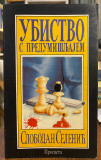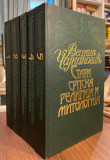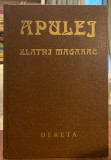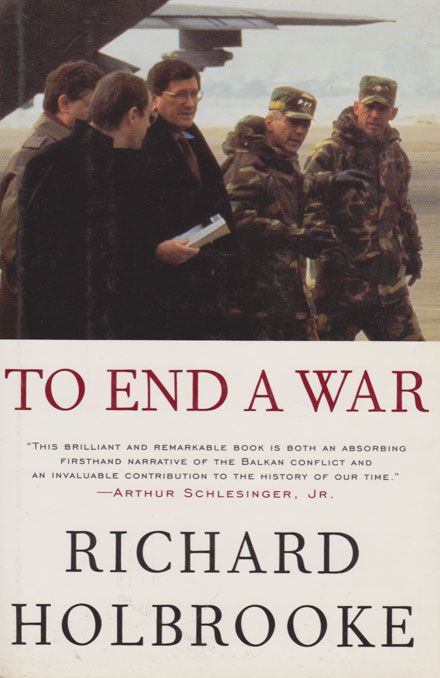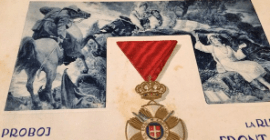To end a war - Richard Holbrooke

Oblast: Engleski
Artikal: 13817 : Tezina: 1 kg
Zalihe:
0 u zalihama
Izdavač: Random House
Autor: Richard Holbrooke
Opis: First edition, New York 1998, tvrdi povez sa omotom, stanje odlicno, str. 408, jezik: engleski
🚛 Dostava: Opcije i troškovi dostave
0 RSD
When President Clinton sent Richard Holbrooke to Bosnia as America's
chief negotiator in late 1995, he took a gamble that would eventually
redefine his presidency. But there was no saying then, at the height of
the war, that Holbrooke's mission would succeed. The odds were strongly
against it. As passionate as he was controversial, Holbrooke
believed that the only way to bring peace to the Balkans was through a
complex blend of American leadership, aggressive and creative diplomacy,
and a willingness to use force, if necessary, in the cause for peace.
This was not a universally popular view. Resistance was fierce within
the United Nations and the chronically divided Contact Group, and in
Washington, where many argued that the United States should not get more
deeply involved. This book is Holbrooke's gripping inside account of
his mission, of the decisive months when, belatedly and reluctantly but
ultimately decisively, the United States reasserted its moral authority
and leadership and ended Europe's worst war in over half a century. To
End a War reveals many important new details of how America made this
historic decision. What George F. Kennan has called
Holbrooke's "heroic efforts" were shaped by the enormous tragedy with
which the mission began, when three of his four team members were killed
during their first attempt to reach Sarajevo. In Belgrade, Sarajevo,
Zagreb, Paris, Athens, and Ankara, and throughout the dramatic
roller-coaster ride at Dayton, he tirelessly imposed, cajoled, and
threatened in the quest to stop the killing and forge a peace agreement.
Holbrooke's portraits of the key actors, from officials in the White
House and the Élysée Palace to the leaders in the Balkans, are sharp and
unforgiving. His explanation of how the United States was finally
forced to intervene breaks important new ground, as does his discussion
of the near disaster in the early period of the implementation of the
Dayton agreement. To End a War is a brilliant portrayal of
high-wire, high-stakes diplomacy in one of the toughest negotiations of
modern times. A classic account of the uses and misuses of American
power, its lessons go far beyond the boundaries of the Balkans and
provide a powerful argument for continued American leadership in the
modern world.







